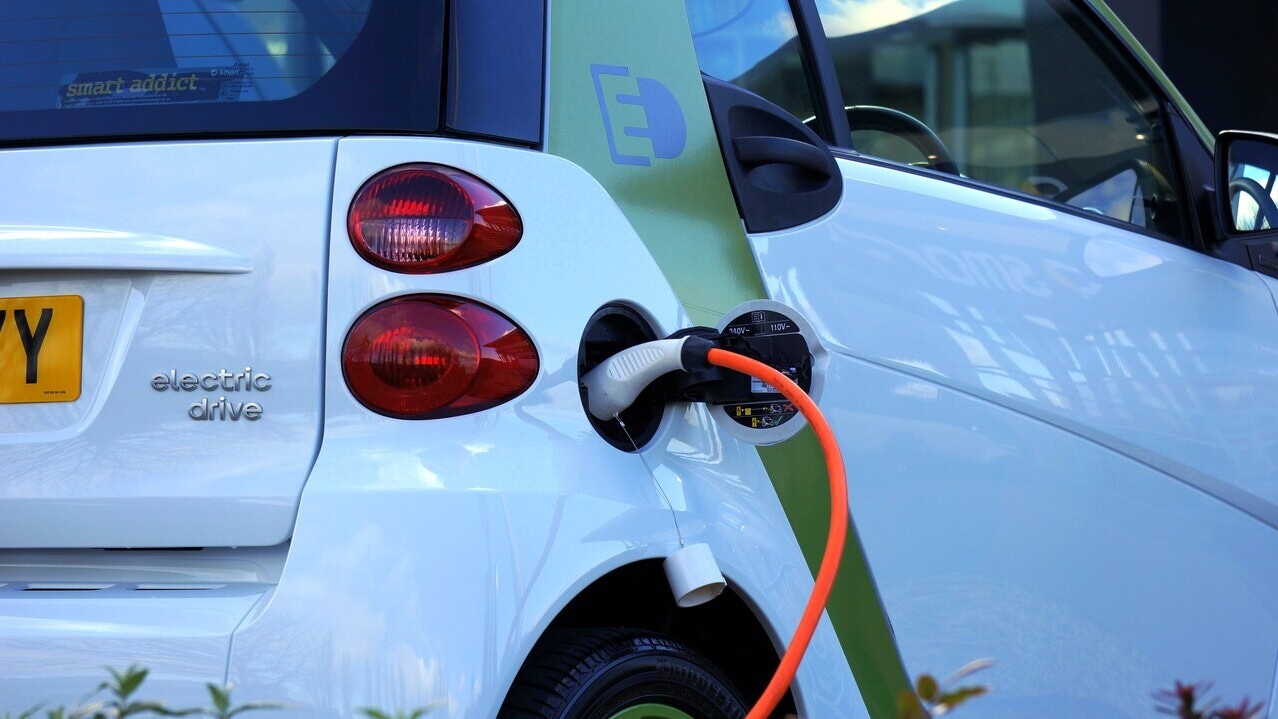
With political leaders and car manufacturers pledging to make all new cars green by 2030, public EV charging is constantly rolling out. But this isn’t happening quickly enough for VW’s CEO, Herbert Diess.
Plenty of shade from VW CEO
This week Herbert Diess, Volkswagen Group CEO, complained on LinkedIn (in a now-deleted post) about difficulties finding a working plug along the Brenner Pass that links Austria to Italy.
He wrote:
“So I kept driving to Trento,” before describing the Ionity charging point he found in the north Italian city. “No bathroom, no coffee, an out-of-service/broken charging point, a sad state of affairs. It was anything but a premium charging experience, IONITY!”
VW partly owns Ionity. Not a great experience, being called out by your investors publicly! Oof.
UK MP reluctant to embrace EV charging vehicles
But it’s not only CEOs complaining. Also this week, Conservative UK MP Michael Fabricant said he wouldn’t drive an electric car citing charging times and range anxiety. He notes that battery tech is evolving and said
“As for me, I’m hanging on to my twin-turbo petrol-driven car until those battery issues have all been sorted.”
It’s hardly comforting thoughts from a member of a government pledging to cut carbon emissions.
Why are people suspicious of EVs?
Earlier this year, research in the UK EV charger retailer myengeri found that 36% of Brits surveyed wouldn’t consider purchasing an EV due to a perceived lack of charging points. Worse, 10% even admitted to being ‘scared’ of charging. Are they scared of being electrocuted? Clearly, there’s a need for better public education.
Jordan Brompton, co-founder, and CMO of myenergi told Electrical times:
“Unfortunately, there is still a misconception that EVs have a short-range and public charging points are few and far between. This couldn’t be further from the truth. The average range of a modern EV is 211 miles, and there are now more publicly accessible charging points than petrol stations! With most drivers commuting far less than their full EV range every day, topping up charge at home or at work is a simple task.”
It’s hardly an EV desert
The UK is home to more EV charging points than petrol stations (23,000, according to the good folks at Zap-Map). Further, the need for charging is not as great as a lot of people think. Most people drive short distances, such as to and from work or to the store, not for hundreds of miles at a time.
The reality is that EV charging stations are growing exponentially, especially across Europe. The Netherlands began installing public EV charging stations in 2012. Currently, there are more than 75,000 public charging stations, and over 190,000 Dutch people charging their cars home. Germany has over public 44,000 charging stations, and France over 30,000.
Retailers are offering EV charging stations, a great way to bring customers back to bricks-and-mortar shopping. Radisson Hotels plans to offer EV charging to their customers at all their European hotels by 2025. London recently launched a first-of-its-kind EV charging system that sits flush within the pavement.
The EV charging in the US is another story
Mobilyze.ai recently published a report about access to EV charging in the US. It found that just under 10% of those living in the top 50 US cities live within a five-minute walk from a public EV charger, with the highest number of chargers, unsurprisingly, in San Francisco. However, the research also estimates that the US has 30,000–90,000 fewer chargers than it should, given the number of EVs on the roads. The US currently has 104,000 public chargers. No one wants to sit in their car waiting for a free charger, blocking the bay.
Fortunately, Biden’s push for EVs to be 50% of vehicle sales by 2030 includes a commitment in the $1 trillion infrastructure bill (currently awaiting passage by the House of Reps) dedicating $7.5 billion to expand the US’s EV charger network to 500,000.
Mobilyze.ai noted the need for incorporating EV charges into existing public structures like parking lots and retail malls, rather than simply creating stand-alone charging stations. It’s a practice that makes a lot of sense, especially in improving the customer experience.
Get the TNW newsletter
Get the most important tech news in your inbox each week.




